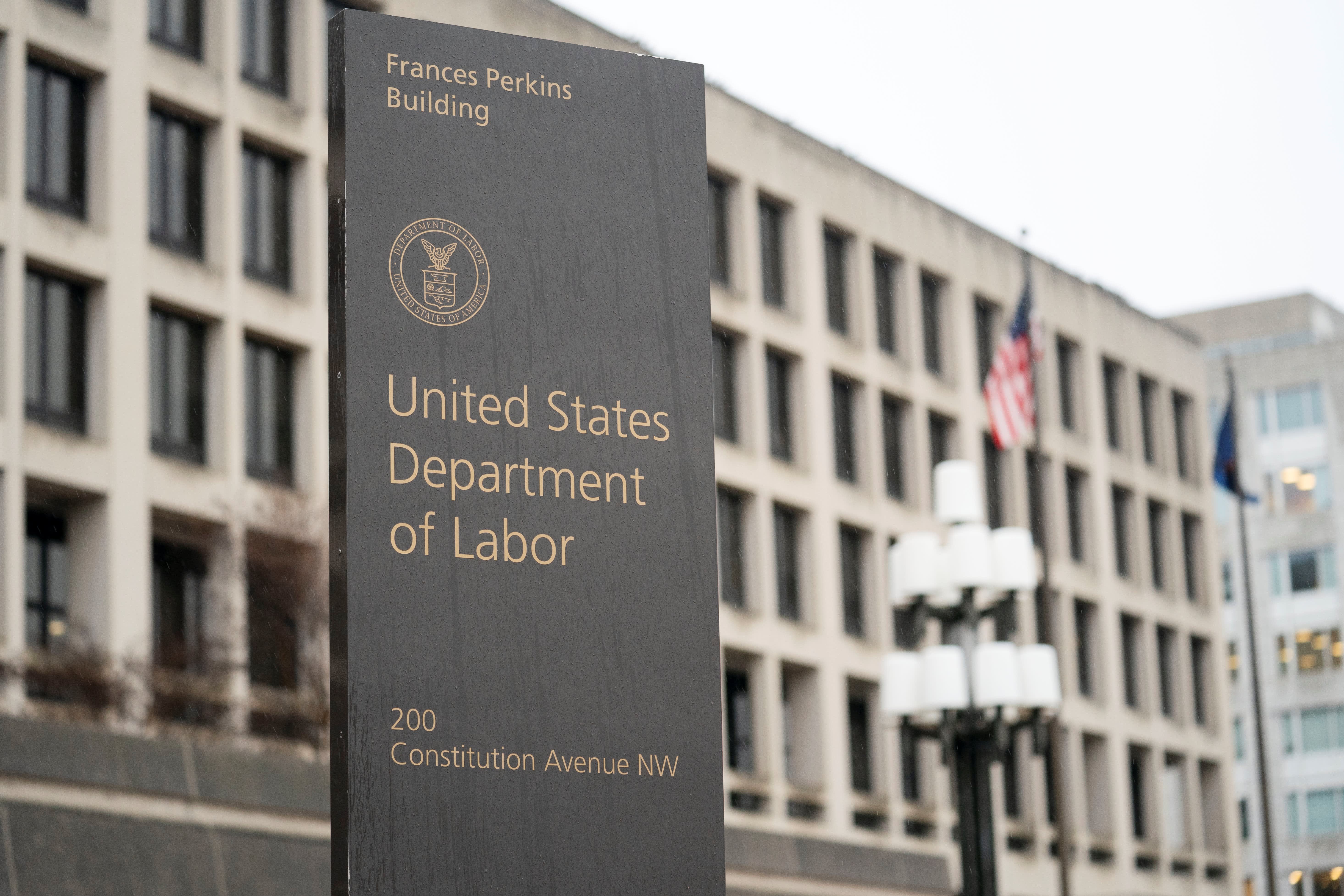
Liu Jie/Xinhua via Getty Images
States can forgo clawing back pandemic-era unemployment benefits in a broader set of circumstances than previously allowed, the U.S. Department of Labor said Monday.
In the early days of the Covid-19 pandemic, states implemented new federal benefit programs created by the CARES Act to support the jobless.
That quick turnaround, combined with a record-high volume of claims, contributed to “a significant number of state errors and inaccuracies due to these fast-changing circumstances,” according to Labor Department guidance issued Monday. Applicants also made innocent mistakes when applying for aid.
Though states paid benefits to the best of their ability at the time, according to the department, many are now seeking to recoup excess funds, or “overpayments,” issued in error — perhaps amounting to thousands of dollars each that households spent long ago.
However, the CARES Act didn’t offer a safety valve for states to forgive overpayments. That essentially meant states had to try to collect the funds.
States tried clawing back overpayments from hundreds of thousands of people earlier in the pandemic. Labor Department officials issued initial rules in May 2021 that let states waive collection in some cases and asked states to refund any amounts already collected toward the overpayment.
Agency officials are now expanding that list of circumstances to address a looming crush of overpayment notices.
“Anecdotally, we are hearing of states beginning to establish overpayments on claims from the pandemic that amount to tens of thousands of dollars owed over innocent mistakes,” said Michele Evermore, a senior policy advisor for unemployment insurance at the Labor Department.
“Otherwise, potentially millions of claimants have been or will be issued overpayment notices that will cause them to make drastic decisions with regard to how to reimburse states with money they do not necessarily have,” she said.
Demanding repayment when the economy remains vulnerable to new waves of the virus could “create ripple effects,” Evermore added.
More from Personal Finance:
Long-term unemployment tumbles in January
New guaranteed income experiments inspired by Martin Luther King Jr.
It’s easy to mistakenly skip these forms when filing your tax return
The guidance is optional for states to implement — though the funds at issue are federal and not state money.
The new rules largely apply to the Pandemic Unemployment Assistance program, which offered benefits to the self-employed, gig workers and others generally ineligible for state aid. But they apply to other federal programs, too, such as one that expanded the number of weeks during which benefits were payable.
For example, states can now opt to waive an overpayment for certain people who responded incorrectly to application questions assessing eligibility. They can also waive them when states incorrectly paid a higher weekly benefit than should have been authorized — such as in instances when a state miscalculated weekly PUA benefits based on the proof of earnings individuals submitted to state agencies.
Overpayments made as a result of fraud are not eligible for a waiver.




